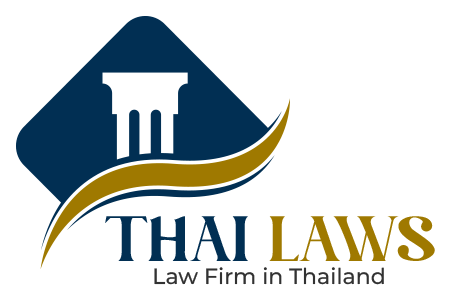Litigation in Thailand. Thailand, a Southeast Asian nation with a rich legal tradition, offers a unique experience for those involved in litigation. While the Thai legal system has made significant strides in recent years, it still presents certain challenges and complexities for both domestic and international litigants.
The Thai Legal System
The Thai legal system is a hybrid system, drawing influences from both civil law and common law traditions. The primary source of law in Thailand is the Civil Code, which covers a wide range of legal matters. Other important sources of law include statutes, regulations, and court decisions.
The Thai court system is composed of several levels, including:
- Local Courts: These courts handle a variety of civil and criminal cases.
- Provincial Courts: These courts have jurisdiction over more serious cases, including those involving large sums of money or complex legal issues.
- Appeals Courts: These courts hear appeals from lower court decisions.
- Supreme Court: The highest court in Thailand, the Supreme Court is the final court of appeal in most cases.
Key Challenges and Considerations
Litigation in Thailand can be a complex process, and there are several key challenges that foreign litigants may face:
- Language Barriers: While English is widely spoken in major cities, many legal documents and proceedings are conducted in Thai. This can make it difficult for foreign litigants to understand the legal process and communicate effectively with Thai lawyers and courts.
- Cultural Differences: Thai culture and values can significantly influence the legal system and the way that disputes are resolved. Understanding these cultural differences is essential for successful litigation.
- Procedural Delays: The Thai legal system can be slow-moving, and it is not uncommon for cases to take several years to be resolved. This can be frustrating for litigants who are seeking a speedy resolution.
- Limited Access to Legal Services: While there are a number of qualified lawyers in Thailand, access to legal services can be limited, particularly in rural areas. This can make it difficult for litigants to find adequate representation.
Tips for Success
For those considering litigation in Thailand, the following tips may be helpful:
- Hire a Qualified Lawyer: It is essential to hire a lawyer who is experienced in Thai law and has a good understanding of the local legal system.
- Be Patient: Litigation in Thailand can be a lengthy process. It is important to be patient and prepared for delays.
- Communicate Effectively: Clear and effective communication is essential for successful litigation in Thailand. Be sure to communicate your needs and expectations clearly to your lawyer and the court.
- Understand the Cultural Context: Familiarize yourself with Thai culture and values to better understand the legal system and the way that disputes are resolved.
While litigation in Thailand can be challenging, it is possible to achieve favorable outcomes with careful planning and effective representation. By understanding the key challenges and considerations, foreign litigants can increase their chances of success in the Thai legal system.



